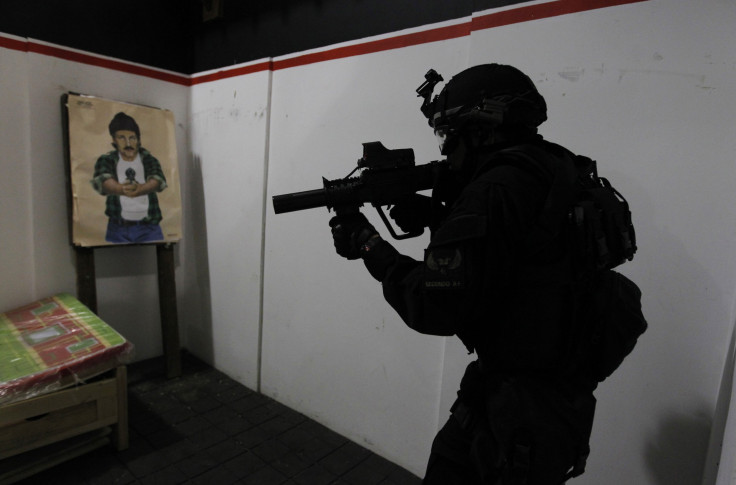The United Nations Organisation has addressed the alarming numbers of sexual violence and brutality cases rising from the Tigray province in Northern Ethiopia.
The officials including U.N. aid chief Mark Lowcock, rights chief Michelle Bachelet, and refugee chief Filippo Grandi, held a meeting, Monday.
In a joint statement, the officials called on both the parties in conflict to protect their civilians from human rights abuse, denounce sexual violence, and hold offenders accountable.
"It is essential that an independent investigation into conflict-related sexual violence in Tigray be initiated, with the involvement of the U.N. Office of the High Commissioner for Human Rights," the statement said.
According to UN aid coordinator, Wafaa Said, more than 500 cases of sexual violence have been reported in the northern state alone.
"Women say they have been raped by armed actors, they also told stories of gang rape, rape in front of family members and men being forced to rape their own family members under the threat of violence," she said.
It all began after the Ethiopian Prime Minister, Abiy Ahmed, announced a military offensive against the region’s former ruling party, the Tigray People’s Liberation Front (TPLF) on Nov. 4. 2020.
The tensions between the two sides erupted into open conflict in September after Tigray defied the federal government's order and went ahead with regional parliamentary elections, which were postponed in other parts of the country due to the coronavirus pandemic.
The prime minister accused TPLF of attacking a government military base and attempting to steal artillery and other weapons.
The war caused widespread destruction and claimed thousands of lives. Over 2 million people got displaced, and thousands of refugees were sent into neighboring Sudan.
After assessing health facilities in Tigray between December 2020 and March 2021, officials said that nearly 70% in Tigray had been looted, 30% were damaged, and only 13% were functional.
According to the U.N and local officials, most of Tigray’s population is in urgent need of assistance. The war has deepened ethnic tensions and has given way to a huge humanitarian crisis.
"Preventing and responding to the grave human suffering resulting from this conflict will require a concerted effort at all levels," officials said. "When it comes to getting aid staff and supplies into Tigray ... much more remains to be done."
The violence is now being reported to be slowly spreading over Ethiopia’s borders into Eritrea and Sudan.
"They are generally traumatized and tell stories of the difficult journey they took in search of safety. Some reported walking for two weeks and some as far as 300 miles," Said said on Thursday.
"Of the people who traveled with them, some were reportedly killed particularly youngsters, people were reportedly beaten, women were subject to rape, some were pregnant and delivered on the way losing their babies," she said.
On Friday, March 26, weeks after he finally acknowledged the army’s atrocities against the civilians, Prime Minister Abiy, announced that Eritrean soldiers have agreed to release the region.
"Eritrea has agreed to withdraw its forces out of the Ethiopian border," the prime minister announced.
The Ethiopian National Defence Force will take over and guard the border area, he added.

© 2025 Latin Times. All rights reserved. Do not reproduce without permission.




